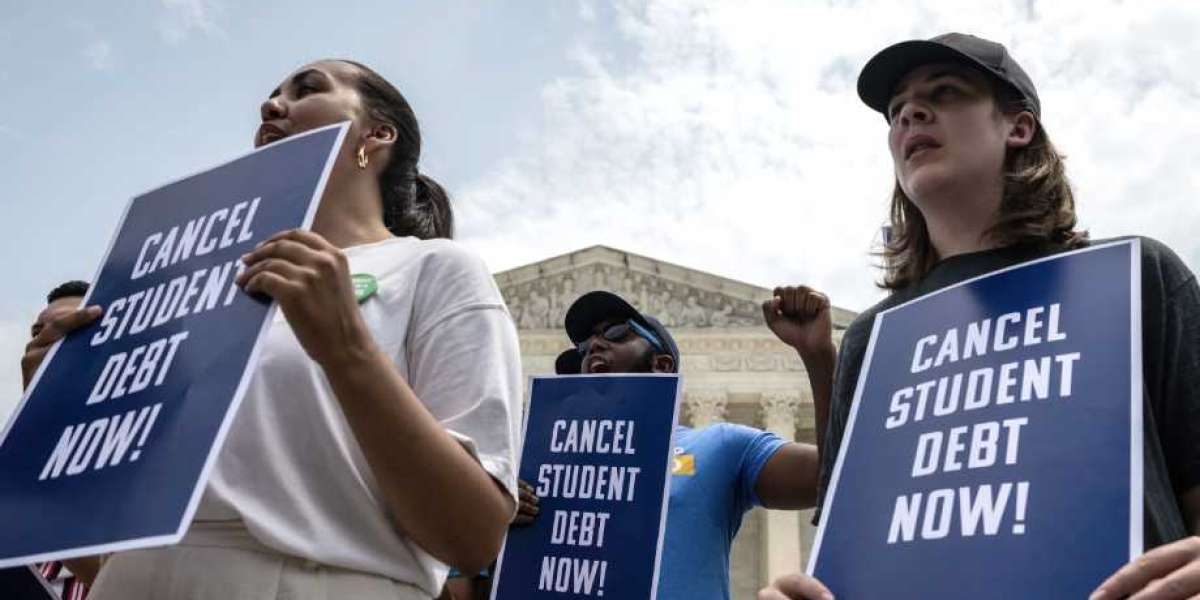The White House's Loan Forgiveness Policy: A Closer Look
In a recent report, the White House Council of Economic Advisers (CEA) sheds light on President Biden's efforts to alleviate student debt burden through enhanced income-based repayment plans. These plans, which cap borrower payments at 5% of discretionary income, waive future interest accruals, and discharge remaining balances after 20 years, have provided significant relief to borrowers.
Debt Relief Statistics
According to the report, approximately 4.3 million borrowers are currently exempt from making payments, with significant potential savings for degree holders. CEA's simulations indicate that on average, a bachelor's degree holder could save up to $20,000 in loan payments, while those with associate degrees could save around $11,700.
Call for Further Action
Despite these measures, White House economists argue that more debt relief is necessary. They point out that the wage premium for workers with degrees hasn't kept pace with rising college costs, leading to what they term as 'unlucky' college-entry cohorts.
Questioning the Approach
Critics argue that such policies may inadvertently encourage irresponsible decision-making among students, as the burden of expensive degrees with limited employment prospects is shifted to taxpayers. Concerns about potential tuition hikes in response to loan forgiveness are dismissed by the CEA, citing the predominance of public colleges with statutorily set tuition rates.
Economic Implications
While proponents suggest that debt relief could stimulate short-term consumption and facilitate home ownership for young borrowers, skeptics question the necessity of such measures given the current economic climate and substantial government deficits.
Long-term Concerns
Beyond immediate economic effects, there are apprehensions regarding the long-term consequences of incentivizing excessive debt accumulation. Critics worry about the erosion of financial literacy and the moral hazard associated with encouraging reckless borrowing behavior.
A Call for Financial Education
Amidst debates over the efficacy of loan forgiveness policies, questions arise about the role of financial education in mitigating student debt crisis. As the discourse continues, one cannot help but ponder: do colleges adequately prepare students for managing their financial futures?








